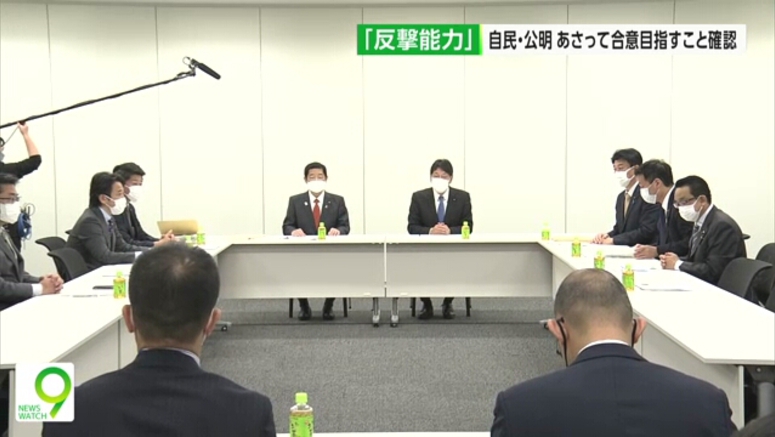Japan's Governing Parties Aim To Agree On 'counterstrike Capabilities'

Japan's governing parties have confirmed that they will try to reach an agreement on Friday on the country's capabilities to conduct counterattacks on enemy missile-launching sites among others.
Lawmakers from the ruling Liberal Democratic Party and coalition partner Komeito discussed the issue on Wednesday at their eighth working-level talks.
The government plans to revise three key defense documents, including the National Security Strategy, by the end of the year.
At last week's meeting, the government officials presented a draft policy that calls on Japan to have the capability to launch counterstrikes. They said the country's current defense system is ill-equipped to cope with a ballistic missile attack, especially if many were fired simultaneously.
At Wednesday's meeting, party representatives settled their points of contention, including the timing and targets of counterstrikes.
They say counterstrikes should be allowed only when they meet three criteria for exercising the right to self-defense, such as being the minimum necessary.
The lawmakers also say counterstrikes should be launched when another country initiated an armed attack, the same as the case of self-defense.
They say Japan will not conduct preemptive strikes and maintains its exclusively defense-oriented posture.
They confirmed that counterstrikes would only be directed against "military targets" necessary for preventing enemy attacks.
During the talks, Komeito officials said it should be stressed that counterstrikes are part of Japan's right to self-defense. They demanded that a basic policy to be created at a time of attack by another country should clearly state a process for assessing the situation and facts that led to counterstrikes.
The two parties agreed that they will each collect opinions of their members on Thursday and reach agreement on the issue at the next meeting on Friday.



















